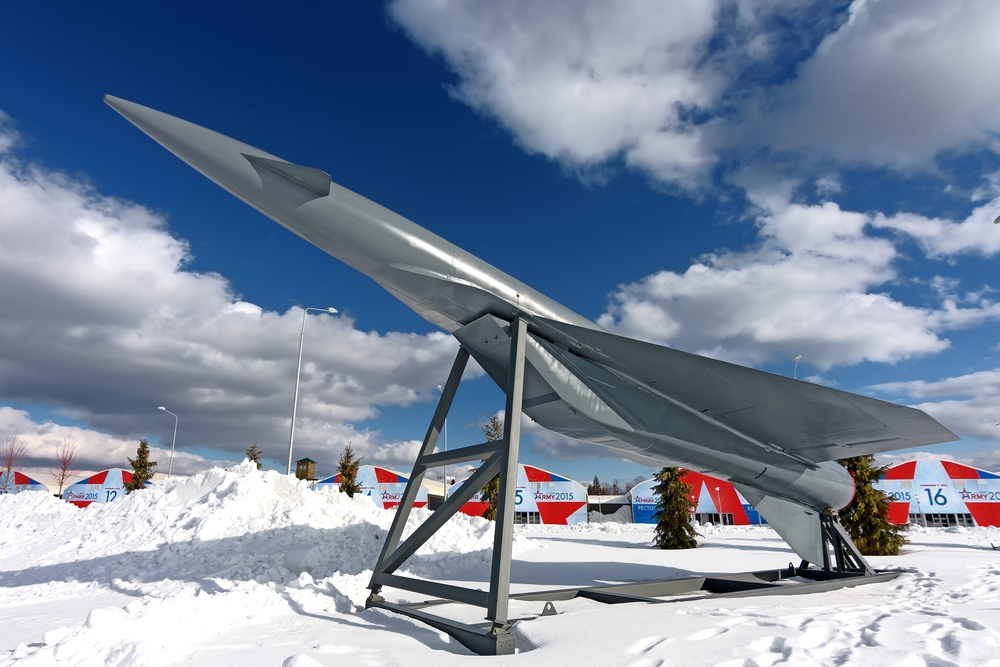
A new report by the RAND corporation recommends that the United States, Russia, and China cooperate to hinder the proliferation of hypersonic missiles to reduce the risk of strategic missile-based war.
All three countries are currently developing hypersonic missile technology. Technologies such as hypersonic glide vehicles and hypersonic cruise missiles can maneuver and fly faster than five times faster than traditional cruise missiles, which allow them to penetrate most missile defense systems and compress timeliness for response to an attack.
Japan, India, Australia, and countries in Europe are currently exploring hypersonic technology. If it is offered on the world market, proliferation could cross multiple borders and threaten the security of both large and small nations, the report said.
“Hypersonic missile proliferation would increase the chances of strategic war,” Richard Speier, lead author of the report and a political scientist at the RAND Corporation, said. “It would give nations an incentive to become trigger-happy.”
According to the researchers, there is less than a decade available to significantly hinder proliferation. The report recommends that the United States, Russia, and China agree not to export complete hypersonic missile systems or their major components to other nations. It also recommends that the broader international community establish controls on a wider range of hypersonic missile hardware and technology.
The Carnegie Corporation of New York sponsored the report, titled Hypersonic Missile Nonproliferation: Hindering the Spread of a New Class of Weapons, for its project Disruptive Technologies and the Future of Deterrence.




